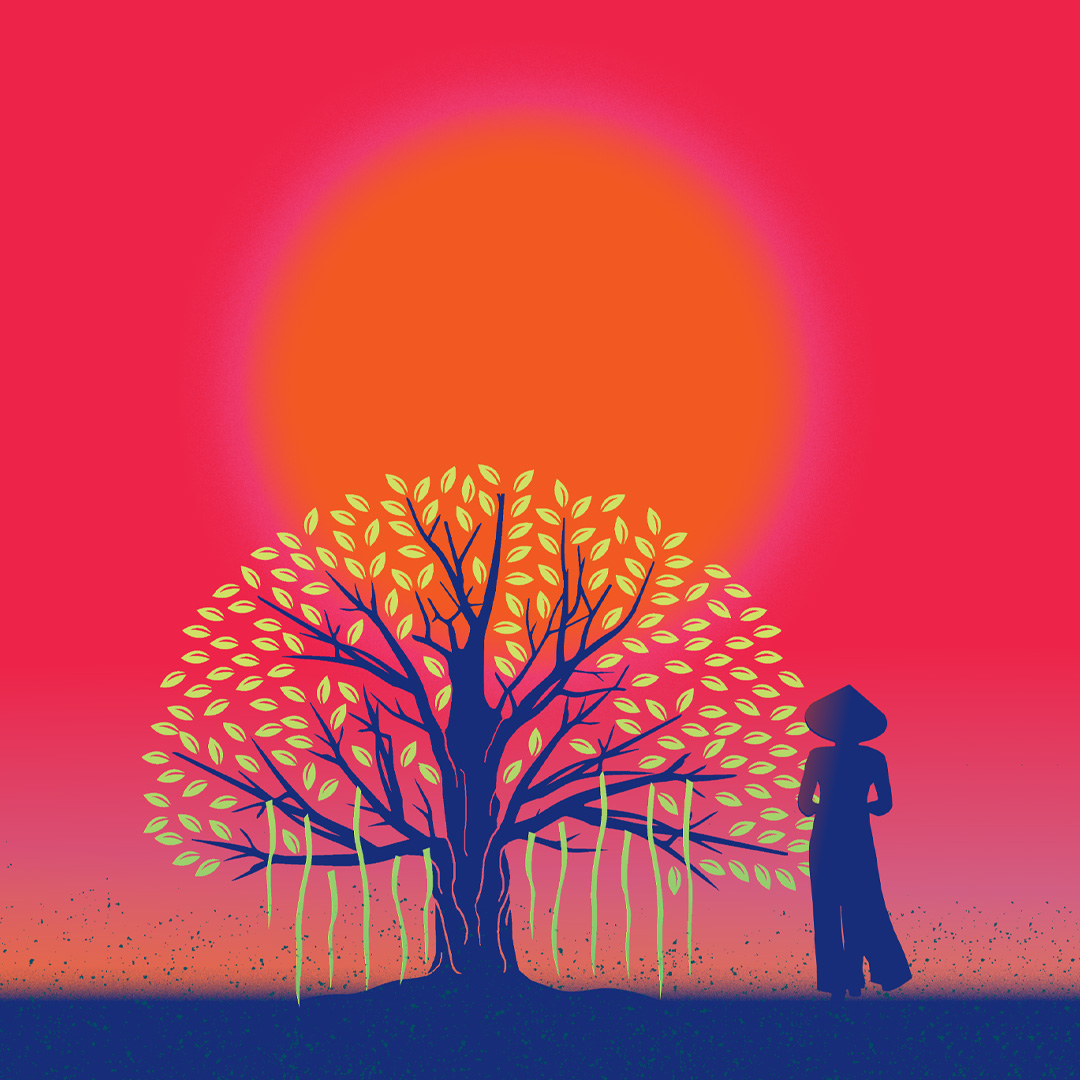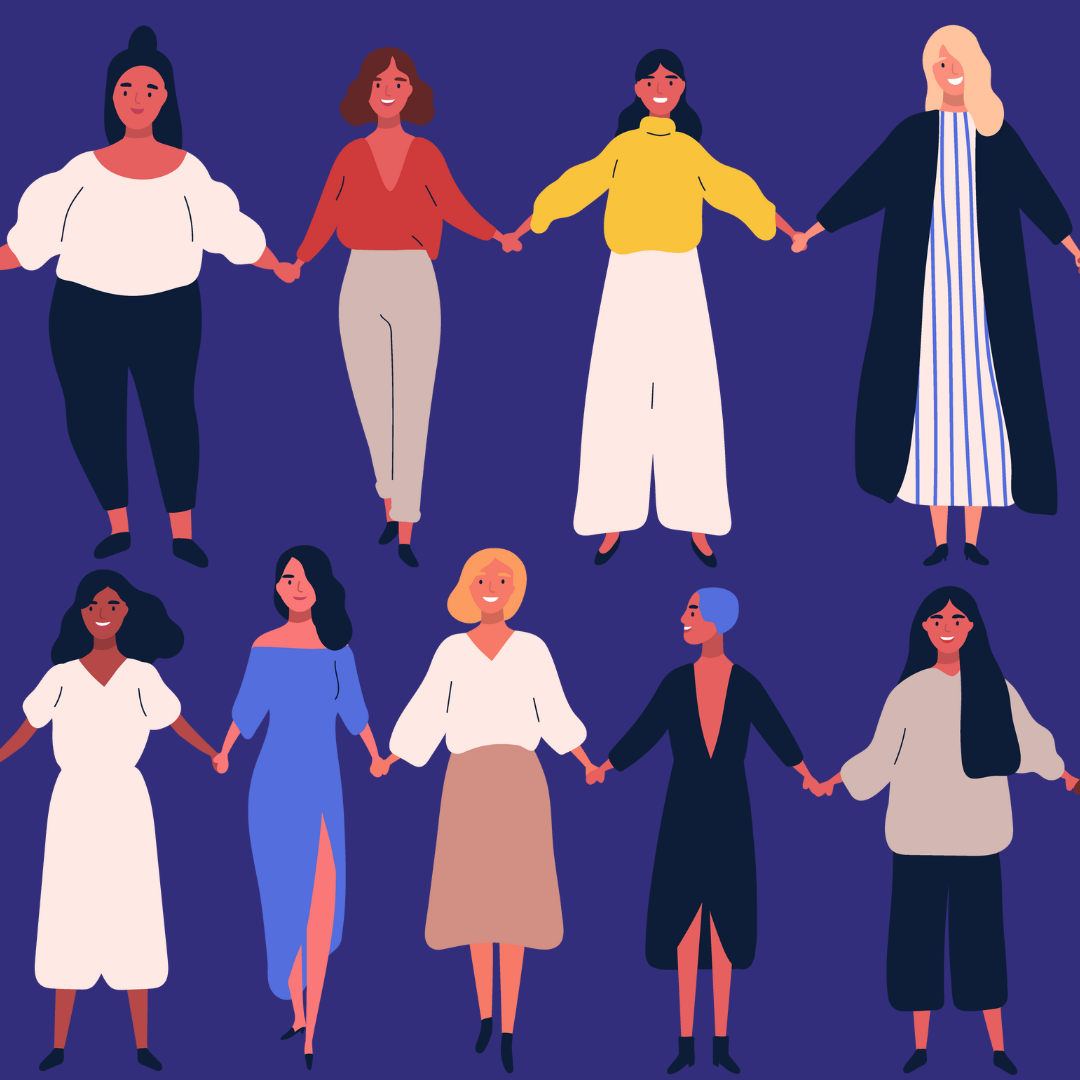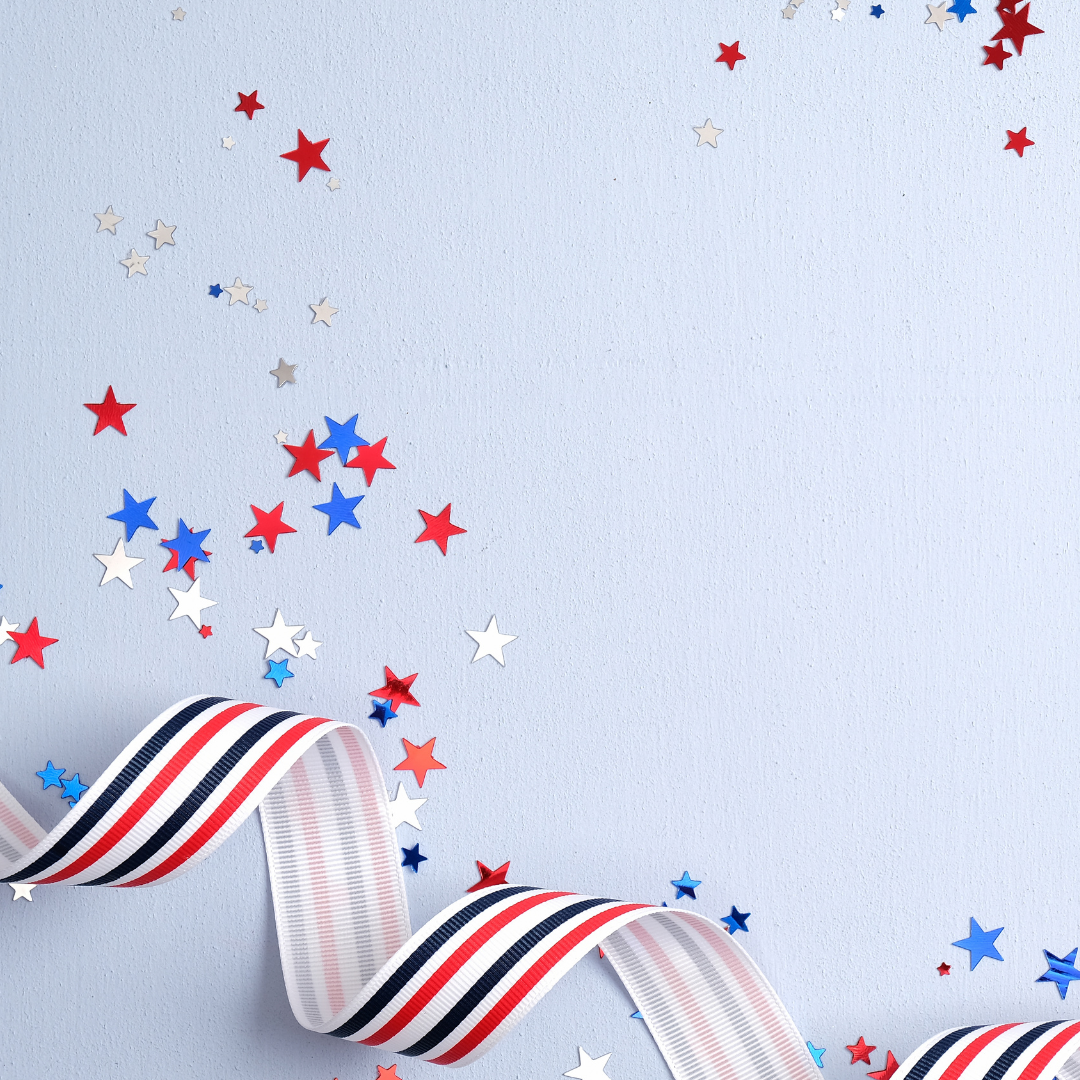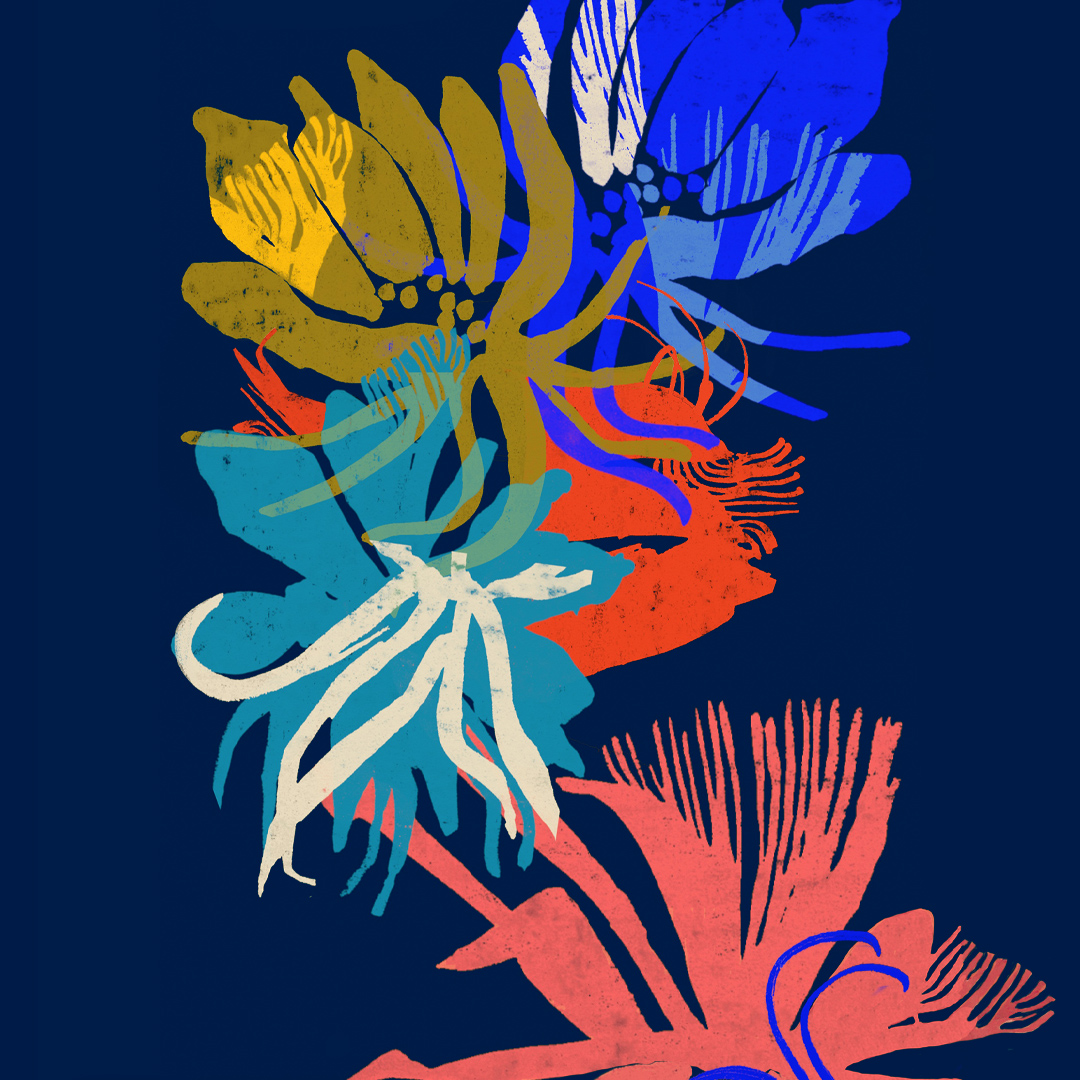“The Road Home” — An Essay by the Author of The Floating World
C. Morgan Babst‘s debut novel, The Floating World, has been earning rave reviews — “powerful and important” (People) and “deeply felt and beautifully written” (Kirkus Reviews, starred review). In this essay, she explains how her personal experience as a New Orleans native after Hurricane Katrina brought her to write The Floating World: “A story of New Orleans and for New Orleans, offered, like the best things we make in this city, to the world.”
. . .
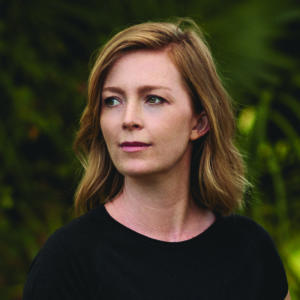 I had never seen a handgun before, though I pretended otherwise as my uncle unhasped the latches of the aluminum case sitting on his kitchen counter. Inside, a pistol nestled in the topographical foam like some sort of cursed artifact. I wrapped my hands around my mug of coffee as my father backed away.
I had never seen a handgun before, though I pretended otherwise as my uncle unhasped the latches of the aluminum case sitting on his kitchen counter. Inside, a pistol nestled in the topographical foam like some sort of cursed artifact. I wrapped my hands around my mug of coffee as my father backed away.
“I don’t think we’re going to need that, Walter,” he said.
My uncle shrugged. “Better safe than sorry.”
I rolled my eyes — that same attitude had driven him and his family from New Orleans into rural Louisiana years ago — and yet I did not protest as he slid the gun case under my seat in the Suburban for the drive home.
All the way across Lake Pontchartrain — all twenty-eight miles of bridge — I felt like I was sitting on a bomb, not afraid that it would go off, but terrified of what it told us about the story we were in.
FOR TEN DAYS, we had been sitting on a sofa in a Tennessee farmhouse, watching the news. The city that we’d left in bumper-to-bumper evacuation traffic — our city of boisterous tubas, red beans, and resurrection fern — had become a ruin, literally overnight, and the 24-hour news had become New Orleans. We heard rumors about suicide in the Superdome, where the lights had gone out and the toilets overflowed, and of murders at the Convention Center, where people waited days for help. We heard stories of snipers stationed on the rooftops of nursing homes and of mercenaries flown in on private jets to guard the houses of millionaires. Meanwhile, no one told us that Jefferson Parish Police had fired warning shots at people trying to cross the Mississippi River Bridge to safety, while New Orleans Police had shot seven unarmed citizens on the Danziger, killing two.
As we drove across the long bridge from the Northshore, I checked the manila envelope my father had locked in the console. In it were our drivers’ licenses, his business registration, our passports. Technically, the city was still under an evacuation order. We were not sure yet how we would talk our way through.
From the I-10, we could see the remains of the flood glinting across the lattice of low-lying neighborhoods near the lake. The city was deserted, and on the high ground of the natural levee, the only sign of the storm was the debris of broken branches and ripped power lines piled along the curb.
We weren’t stopped until we were mere blocks from our house, at the intersection where, every Mardi Gras, a group of men dressed as Tarzan swung on a gigantic plush boa constrictor hung from one of the live oak trees. There, a Humvee blocked the street, its back wheels hitched up on the neutral ground. A National Guardsman ducked her head through the driver’s side window, smiling as she glanced at our driver’s licenses, nodded at my father’s stuttered explanations.
“Welcome home,” she said, the warning shots not for us—white, professional-looking, dismayed.
I felt the weight of the gun case shift against my feet.
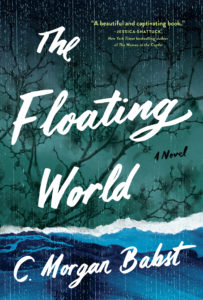 IT IS HARD to convey the surreality of such a disaster, hard even to remember it. Lichens grew from the walls of my bedroom. Through the ceiling we saw sky. In the front hall, uninvited, an FBI agent stood with one hand on his pistol, one hand on a chair. He said my mother’s name.
IT IS HARD to convey the surreality of such a disaster, hard even to remember it. Lichens grew from the walls of my bedroom. Through the ceiling we saw sky. In the front hall, uninvited, an FBI agent stood with one hand on his pistol, one hand on a chair. He said my mother’s name.
For months we felt as though we were dreaming. As a second storm spun in the Gulf, images began to shift, slip under one another. The cracked mud lying over the city transformed again to lake. The blank lots behind the playground filled with smoldering ash, then townhouses, flickering with flame. Above them, a helicopter hovered, its gigantic water balloon mid-fall.
Overwhelmed, many New Orleanians dreamed flood and abandonment into easier threats to manage—a looter, a trespasser—disaster on a more human scale. Vigilantes prowled Algiers; police officers burned a man they’d murdered in the trunk of a car. Bodies with bullet wounds lay beside the bodies of the drowned.
And the media drummed up that fear. All over the world, people thought they saw us in the images of people pushing shopping carts through knee high water, in interviews with “refugees” sleeping in shelters in their own country, but what they were seeing was real lives transformed into an apocalypse movie, made available through a glassy screen. This is America? everyone asked. No one believed this was the sort of thing that could happen here.
It was possible, even for us, to pretend it couldn’t, that it hadn’t. Some of us struggled to believe that what had happened in New Orleans was merely a national disaster, and not the product of three hundred years of discrimination, incompetence, and neglect. It was possible to close your eyes, pick up a bottle, go back to sleep. But that was only another evacuation, another way to abandon one another.
I had literally run away. After my father and I cleaned out the maggot-infested refrigerators, we drove back to my uncle’s house, then back to Tennessee, and from there I took a plane to New York, where I met my husband and remained for eleven years. But the farther I went, the more people I encountered who asked How is it down there? What is it really like? And as I explained, as I corrected misapprehensions, provided context, welcomed friends and acquaintances to join me on trips home where we danced late to funk in small tin-ceilinged clubs, ate cold oysters and bowls of russet gumbo, walked the sandy batture watching the cargo ships on the river, I realized that this was something I could do on a larger scale. What we needed — what New Orleans needed, what American needed — was a story about this catastrophe written from the inside. A story of New Orleans and for New Orleans, offered, like the best things we make in this city, to the world.
When I sat down with my notebook on the side of a hill one fine autumn day, Vincent Boisdoré came to me — an old man stumbling through a forest of fallen pines calling for his dog, buried many years before. Back at home at my desk, I found Vincent’s granddaughter, Cora, sleeping in a hand-carved bed, her legs scarred by the floodwaters. Her sister, Del, stood over her, called home by the hurricane from self-imposed exile. Downstairs, her parents argued: Why had they evacuated without Cora? Why had they allowed her to stay? No one knew precisely what had happened, what act of violence, what failure had brought them here; they only knew that what they loved — their home, their family — was draining away, and that they had to find some way, one by one, to stem the flow.
Over the eight years it took me to write The Floating World, these people I’d made kept me company in my own slow mourning. I raged with Joe, Cora’s father, over the country’s intractable racial divide and resolved with him to make art anyway. With Cora’s mother, Tess, I escaped into childish fantasies and cold glasses of bourbon, sharing her desire for a quick fix —and her shame. Through Cora I lived the immediate trauma I had avoided in my evacuation — my uncle’s unloaded pistol became the rifle in her hands. When I needed it, Vincent’s fugues of forgetting gave me passage to a time before Katrina, when all we had to worry about was having enough change for a pocket pie. Finally, Del, who rushed home to care for her family and her city in its worst hour, helped me gather the strength to come home.
Now, twelve years out from the storm and the levee failures, I hope that The Floating World might give anyone who experienced our televised tragedy a way to pass through the screen. I invite you to grieve with us, yes, but also to dance with us to the sound of trombones, to climb the live oaks with us, to sit down at our table while we remember together what happened here, and pray that next time — wherever we are, whoever we are — we will be spared.
Click here for more about The Floating World.

